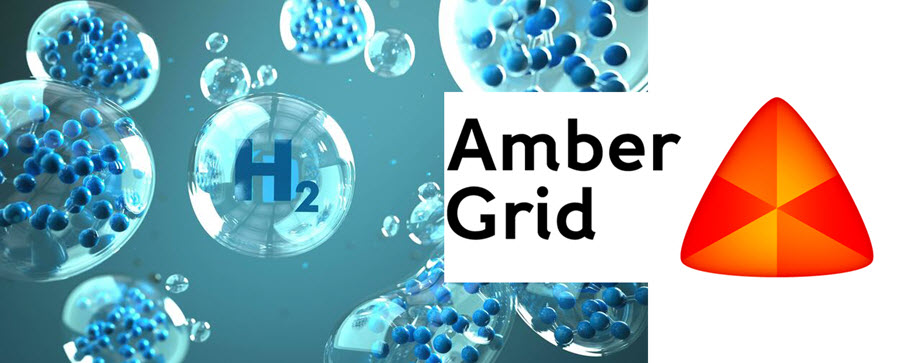
To ensure the rapid transition of the Lithuanian economy to renewable energy and green transformation in various sectors of the country’s economy, the Ministry of Energy initiated the preparation of the study of application and development of the new renewable energy source – hydrogen (H2).
National guidelines for the development of the hydrogen sector are planned to be prepared during the first stage. A public tender for the preparation of guidelines for Lithuanian hydrogen sector development will be announced soon.
Hydrogen solving the problem of excess renewable energy balancing and storage is planned to become the key type of sustainable energy with the world increasingly moving towards renewable energy. The aim is to reduce climate change impact on the environment, as stipulated in the European Green Deal and Hydrogen Strategies approved last.
‘Sustainable development is one of the key priorities of Lithuania, therefore, from today we have to consider life in several decades. It requires systematic planning and consistent joint preparation of different sectors of the economy for the implementation of strategic reforms and projects.
Hydrogen is a new direction of technology on which we focus and will continue focusing our great attention-seeking to decarbonise the national sectors of industry, transport, energy and buildings, said Minister of Energy Dainius Kreivys.
According to the hydrogen strategies of some EU Member States, the demand for hydrogen will exceed supply in the next ten years. Therefore, it will be relevant to buy and transport the hydrogen from the Baltic States, which are viewed as potential hydrogen producers because of favourable conditions for renewable energy development, e.g., wind farms in the Baltic Sea.
‘Through coordination of actions and initiatives of different sectors, we must take advantage of the new economic possibility for our country not only to reduce dependence on fossil fuel import but to become a hydrogen export country’, stated Mr Kreivys.
By the letter of expectation, the Ministry of Energy entrusted energy transmission and exchange group EPSO-G to prepare Lithuanian hydrogen sector development guidelines, stipulating that the existing gas transmission system operated by the affiliate – gas transmission system operator Amber Grid – will become the main network of green hydrogen gas transportation in Lithuania. At the end of last year, EPSO-G Group prepared and published the electricity system development scenario until 2050.
Hydrogen gas produced from excess renewable solar and wind electricity and water will be supplied to the gas transmission system. Hydrogen will be stored in gas networks or transported to clients who will use hydrogen gas in industrial processes, land, water or air transport, and will be able to generate electricity or heat energy.
A detailed demand and supply of hydrogen in the energy and transport and manufacturing sectors is planned to be modelled during the preparation of the Lithuanian hydrogen development guidelines and plan. During the preparation of guidelines, close cooperation with institutions and hydrogen platform participants will be carried out to bring competencies of different sectors together.
EU situation regarding factors impacting hydrogen sector development will have to be analysed for preparation of hydrogen development guidelines: CO2 emission reduction, RES development, installation of new technologies, transport, development, interaction of different systems, etc. Long-term recommendations of international organisations for hydrogen sector development, visions and strategies in the fields of energy, transport, import, households will be analysed.
Experts will have to carry out potential analysis of the development of hydrogen production and use in Lithuania covering the hydrogen value chain from hydrogen production possibilities in Lithuania, new energy carrier’s storage, import and export, promotion of investments into hydrogen development to state infrastructure adaptation for hydrogen. Besides, a scenario of perspective development of the Lithuanian hydrogen sector until 2050 is planned to be modelled.
Source: AB Amber Grid
Read the most up to date Fuel Cell and Hydrogen Industry news at FuelCellsWorks




